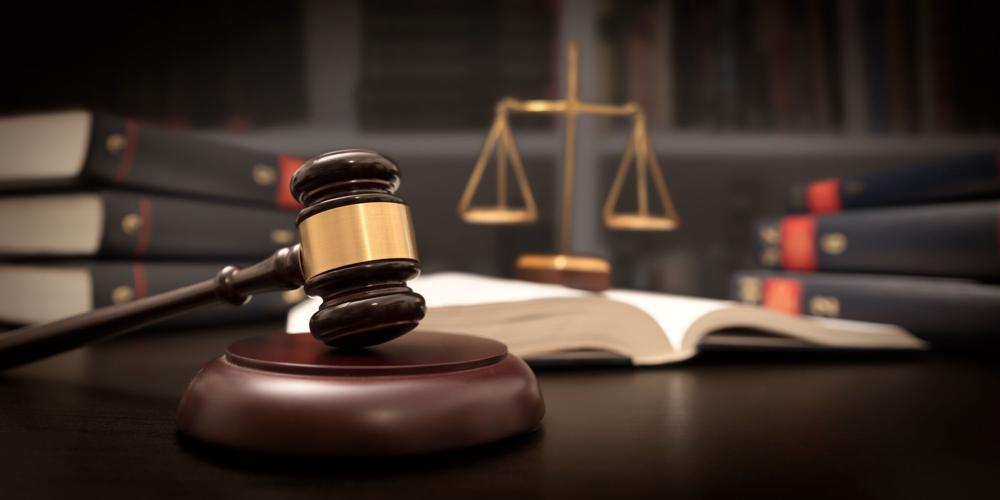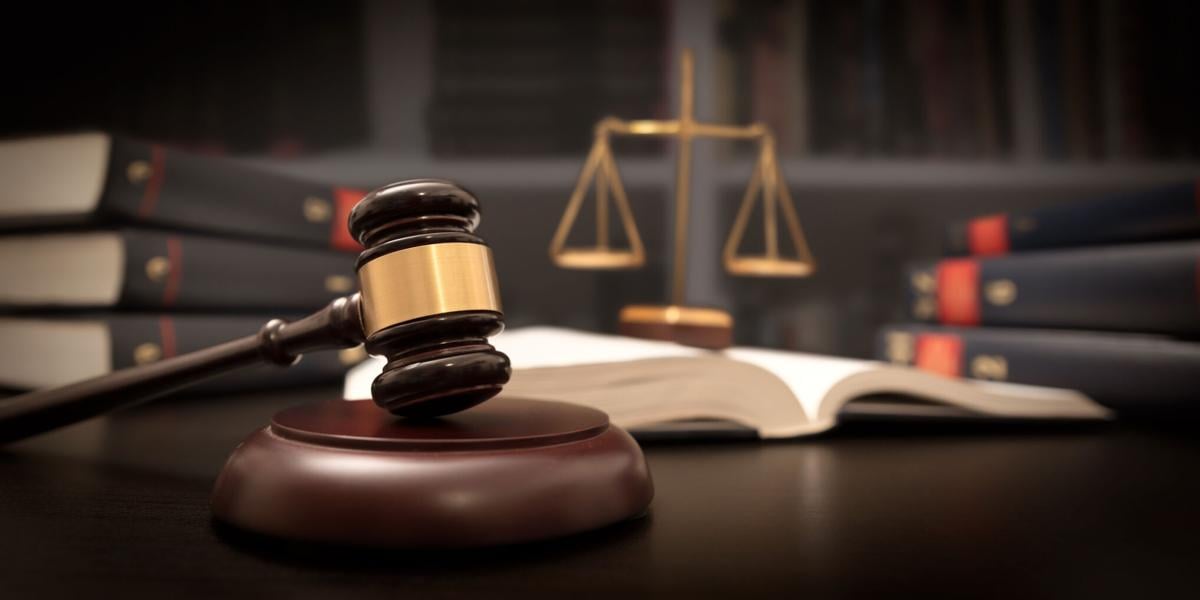PHOENIX — An attorney for Senate President Karen Fann is making a last-ditch effort to let her keep secret more than 700 records related to the audit of the 2020 election.
Legislators have broad latitude in keeping confidential the conversations they have about matters that could end up as future legislation, Kory Langhofer told the Arizona Supreme Court Tuesday. That legislative privilege, he said, is based on the premise that lawmakers and those who work for them will be more frank in their discussions if they are assured it won’t become public.
And in this case, Langhofer said, what came out of the review could result in new laws affecting how elections are conducted.
But some of the justices appeared to be less convinced by Langhofer’s argument that courts should accept, as a “question of trust” claims by lawmakers that documents or communications they say are policy discussions that need not be disclosed.
“It doesn’t allow a trial judge to fairly determine whether or not, in fact, that particular communication does fall within the proper ambit of legislative privilege,’’ said Justice William Montgomery. “I don’t think it helps a trial court judge if the Legislature or any particular party reaches the ultimate legal conclusion that ‘this is not something you need to worry about.’ ‘’
Andy Gaona, arguing for American Oversight, which has sued for the records, said such a conclusion would leave groups like his without an ability to seek judicial review when a public body withholds records on some claim of privilege.
“We have no idea of exactly what is being withheld here,” he told the justices. And that makes it impossible for anyone seeking records to make the case in court that records are being wrongfully withheld.
Arizona’s public records law does not require those seeking documents or communications to prove that they are, in fact, public, Gaona said.
“The burden is on the public body to establish that a record that is presumptively public … should be withheld because it is detrimental to the best interests of the state,” he said.
That point was not lost on Montgomery who also noted that the Legislature, in adopting the public records law, did not exempt itself from its provisions.
What the justices ultimately decide will affect more than those disputed audit records. It will create new legal precedents that will govern all future public records requests of all agencies at all levels of government.
Fann, a Prescott Republican, ordered the audit after official election results — certified by state officials, including Gov. Doug Ducey — showed that Democrat Joe Biden beat Republican Donald Trump by 10,457 votes in the state. And that was fueled in large part by Biden beating Trump in Maricopa County by 45,109 votes.
There were charges of irregularities — all unproven — including that the Dominion Voting System hardware and software used was either programmed or hacked in a way to move Trump votes into the Biden column.
Fann said at the time she ordered the audit to address concerns of constituents.
As it turned out, Cyber Ninjas, the firm Republic lawmakers hired for the audit, reported that its own hand count of Maricopa ballots confirmed Biden’s win — and by a slightly larger margin than the official count.
American Oversight, a nonpartisan watchdog group, sued for documents related to the audit.
The Senate surrendered some. But it claimed a right to withhold various documents, including all the communications involving Fann, Sen. Warren Petersen who chairs the Judiciary Committee, the liaisons Fann chose to interact with Cyber Ninjas and even communications with that company and its own subvendors.
A trial judge and the state Court of Appeals both rejected the Senate’s arguments, leading to Tuesday’s Supreme Court hearing.
Ordering the Senate to produce more documents would “allow Arizonans to know what their government was up to in conducting this audit that has done nothing but needlessly sow distrust in our elections officials and the systems that they administer,” Gaona told the justices.
The justices made it clear they believe legislative immunity exists. And Justice James Beene said that at least part of the purpose of the audit was to prepare recommendations for lawmakers on what changes are needed to prevent problems in future elections.
But some were struggling with Langhofer’s assertion that senators, in refusing to disclose communications, need provide only a basic explanation to both those who request the documents and to judges who adjudicate such disputes of why each of the withheld records fits within that protection.
“How is American Oversight or the court supposed to know if something falls within that privilege when you say in the privilege log things like ‘Email concerning internal legislative discussions regarding audit,’ which is pretty much what is said through most of the privilege log,” asked Justice Ann Scott Timmer.
And she pointed out that these emails could concern administrative or even political discussions, subjects she said are not protected by legislative privilege.
Langhofer, however, urged a broader protection.
“We think, if anything, there should be more deference for the Legislature’s representations on this than there should be for a doctor or a lawyer or a priest,” he told the court, reminding them of other situations where documents and communications can be shielded.
He also said the legislative record speaks for itself, pointing out there have been many bills to amend election laws introduced in the wake of the audit report. And that, Langhofer said, shows that the withheld documents were and are related to planned legislation, something that lawmakers can keep confidential.
Timmer said that is too broad an exemption.
“Everything could end up in legislation,” she said.
Gaona also argued that the audit was never proposed or promoted by Fann as a method of exploring weaknesses in state election laws but instead as a method of restoring public confidence in the results of the 2020 race.
“There’s never been a tie between the audit and the election laws,” he said.
That’s also the conclusion reached earlier this year by the Court of Appeals.
“Nothing in the record shows that the prime purpose of the audit was to identify changes required to Arizona’s voting laws,” wrote appellate Judge Michael Brown.
“The audit’s primary objective was to verify that election procedures were sufficiently observed,” the judge said. And Brown noted that the “statement of work” outlining what was to be done by Cyber Ninjas was to “validate every area of the voting process to ensure the integrity of the vote.”
In fact, the judge suggested, the audit looks much more like an administrative action than anything related to crafting state laws.
“The audit’s stated purpose reflects no promise to propose legislation in the future,” Brown said. “And while the audit might have revealed areas in Arizona’s election process that could be the subject of new legislation, the connection between the audit and any future legislation is too tenuous to conclude that the audit could reasonably qualify as a legitimate legislative act.”
Brown said all that is backed up by the September 2021 public hearing where the results of the report were released.
“No sworn or questioned witnesses were at the hearing, nor did any debate or deliberating occur,” he said, noting only Fann and Sen. Warren Petersen, R-Gilbert, who chairs the Judiciary Committee, were present.
The court did not indicate when it would rule.







